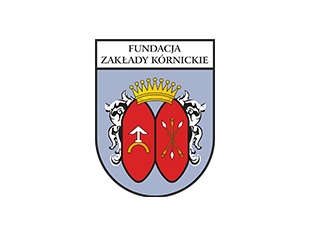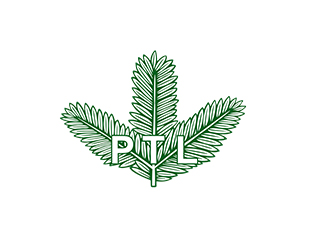COOPERATION










Institute of Dendrology
Polish Academy of Sciences
SCIENTIFIC CATEGORY A+ IN THE DISCIPLINE OF BIOLOGICAL SCIENCES
SCIENTIFIC CATEGORY A+ IN THE DISCIPLINE OF FOREST SCIENCES
COOPERATION







We kindly invite you to listen to the workshop led by Prof. Leszek Karliński, Prof. Tomasz Leski, Dr. Marta B. Kujawska and Dr. Robin Wilgan, titled “Hidden diversity of ectomycorrhizas.”
Ectomycorrhizal fungi, which play a crucial role in the proper functioning of forest ecosystems, are best known for their fruiting bodies that appear periodically in forest environments. However, their true diversity remains hidden mainly below the soil surface in the form of ectomycorrhizas growing on tree roots. The workshop will enable participants to learn about the morphological diversity of ectomycorrhizas and the molecular methods used to identify the fungal taxa responsible for their formation.
We invite you to listen to the workshop by Prof. Marcin Pietras and Dr. Mariola Rabska, titled “What is a fungal "barcode"?"
Every living organism has a unique genetic code built into its structure. Deciphering the sequence of that code was pivotal in the development of the biological sciences, leading to groundbreaking discoveries across many fields, including medicine. Molecular biology tools have also been firmly established in other scientific disciplines, such as mycology. Today, the ability to read fungi's unique "barcode" offers an opportunity to study and describe their biology, ecology, and the hyperdiversity of the mycobiota.
We kindly invite you to listen to the workshop led by Dr. Krzysztof Ufnalski, titled “Method of extracting earlywood and latewood for stable carbon and oxygen isotopes analysis.”
Investigation of stable carbon and oxygen isotopes in the annual growth increments of trees is an effective method for reconstructing the physiological responses of trees to changing environmental factors. Advanced analyses require precise sampling of material using an increment borer. To effectively separate samples by year, it is necessary to assign them to specific calendar years. For this purpose, dendrochronological analysis is used, which involves measuring the width of the tree’s annual growth increments and synchronizing them with the corresponding calendar years.
We kindly invite you to listen to the workshop led by Dr. Kinga Nowak, M.Sc. Katarzyna Broniewska and Dr. Krzysztof Ufnalski, titled “Examining of trunk interior with sonic tomography.”
Trees in human surroundings are priceless, providing numerous ecosystem services. Particularly valuable are venerable trees, with significant natural and cultural roles; each such tree serves as a habitat for hundreds of organisms and a true center of biodiversity. At the same time, trees may pose a threat, especially when their condition deteriorates to the point of increasing the risk of breaking or toppling. However, not every hollowed tree is doomed to be cut down; many can remain in our vicinity. How should we make rational decisions in this matter? A tomographic examination can help, allowing us to determine the degree of trunk decay.
We kindly invite you to listen to the workshop led by Dr. Marzenna Guzicka, titled “Plants on a micro scale. How to prepare a microscope slide?”
The method of preparing a specimen for observation under a microscope depends on its type and the research objective. It usually involves several basic steps. The biological material must be fixed, dehydrated, and then embedded in a suitable medium, such as paraffin, paraplast, or epoxy resin. Once prepared in this way, the objects can be cut into very thin sections using an appropriate microtome. After placing the sections on microscope slides, they are stained, and the stained specimen is sealed by applying a chosen medium (e.g., euparal) and covering it with a coverslip. This process yields a permanent specimen that does not dry out, shrink, or undergo biodegradation, and it can be stored for many years.